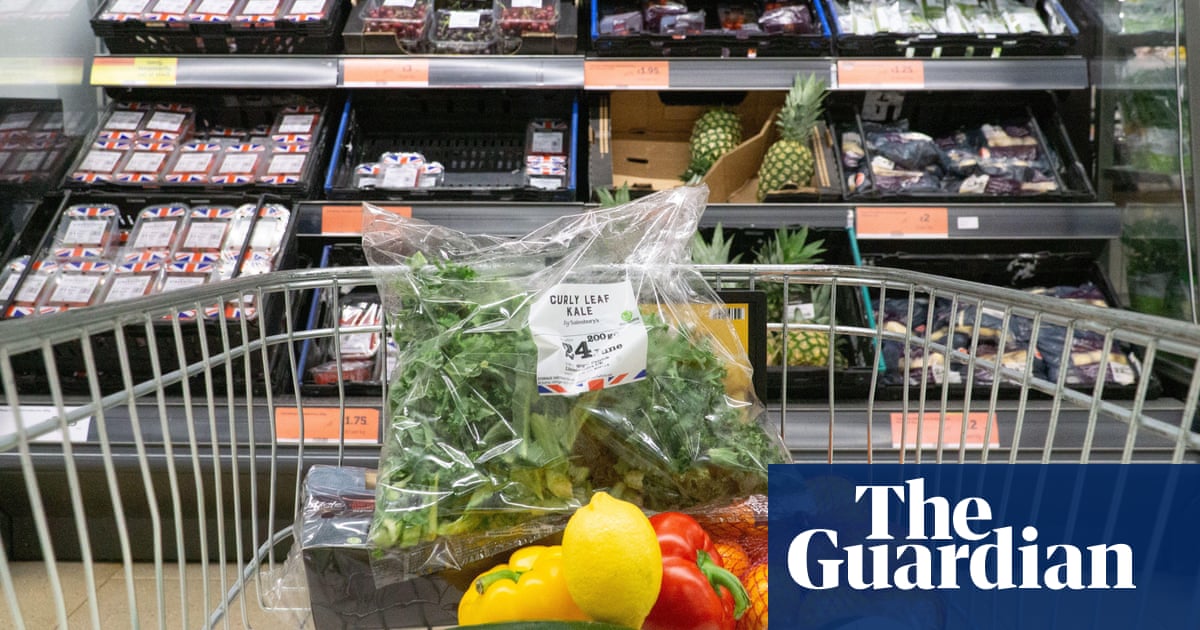Irregular crossings at Europe’s borders have fallen by 30% in the first quarter of the year compared with the same period last year, in a decrease that rights groups partly attributed to EU policies that have emphasised deterrence while seemingly turning a blind eye to the risk of rights abuses.
The decline was seen across all the major migratory routes into Europe, the EU’s border agency Frontex said in a statement, amounting to nearly 33,600 fewer arrivals in the first three months of the year.
The largest decrease, at 64%, was along the routes that cross Albania, Serbia, Montenegro and North Macedonia, while crossings into the UK were down 4%.
While migration patterns are influenced by a mix of factors that range from weather to conflict, the data appears to suggest a continuation of the downward trend seen in 2024, when irregular border crossings into Europe dropped by 38% compared with the previous year, said Judith Sunderland of Human Rights Watch.
The organisation is among the many that have argued that the EU’s increased focused on deterrence and sealing its borders was pushing people to take riskier routes into Europe.
“It’s not only about the statistics. Let’s not forget that this is coming at a cost of people drowning in the Mediterranean, of people being beaten up at the Poland-Belarus border and being pushed back into Belarus; it’s people getting stranded in various swamps, forests and deserts in and on the outskirts of the EU,” said Sunderland. “There’s a massive human cost behind those numbers.”
The falling number of arrivals comes as the bloc has increasingly struck agreements with countries outside Europe, such as Libya and Tunisia, where practices such as beatings, sexual violence and imprisonment have been documented.
“The bottom line is that, insofar as the drop in arrivals is due to the EU’s deterrence measures, those measures are accompanied very clearly by human rights abuse that the EU is therefore complicit in,” said Sunderland.
The sentiment was echoed at the European Center for Constitutional and Human Rights(ECCHR), which has filed two complaints to the international criminal court related to the treatment of migrants and refugees in the central Mediterranean region.
“The decline in official numbers does not mean we’re seeing fewer people on the move,” said Allison West, a senior legal adviser at the ECCHR. “It means we’re seeing more people being contained in horrific conditions in Libya and Tunisia that amount to crimes against humanity, with EU cooperation and approval.”
For years the EU and its member states have continued to work with Libya to stem migrant arrivals to Europe, despite evidence of arbitrary detention, torture, sexual violence and enslavement, West said in a statement. “These abuses are not unintended side-effects of European migration policy. They are foreseeable consequences of a strategy that prioritises containment over protection.”
after newsletter promotion
The International Organization for Migration (IOM) said its data suggested an increase in the interceptions of boats attempting to depart from some north African countries, such as Libya and Tunisia, which may have partly contributed to the decline in arrivals.
“Despite the downward trend, IOM remains concerned about migrant deaths, which, according to our data, are still very high,” a spokesperson for IOM said in a statement.
In the first three months of the year, at least 555 people lost their lives while trying to cross the Mediterranean or Atlantic to reach Europe, adding to the more than 3,500 lives lost last year along these routes, IOM data showed. “We continue to advocate for policies that allow for safer, regular migration channels, which can serve as safer alternatives to irregular migration,” the spokesperson added.
According to a Unicef statement released on Tuesday, about 3,500 children have died or gone missing in the central Mediterranean while trying to reach Italy in the last 10 years.

 5 hours ago
6
5 hours ago
6













































